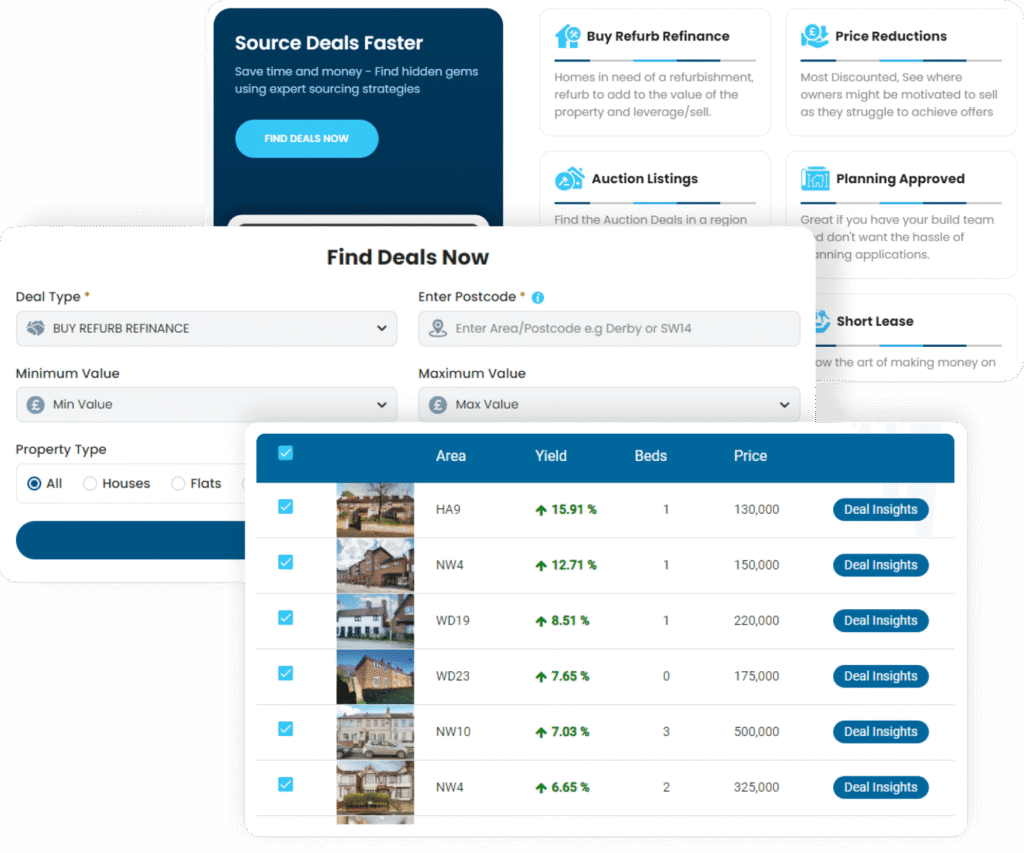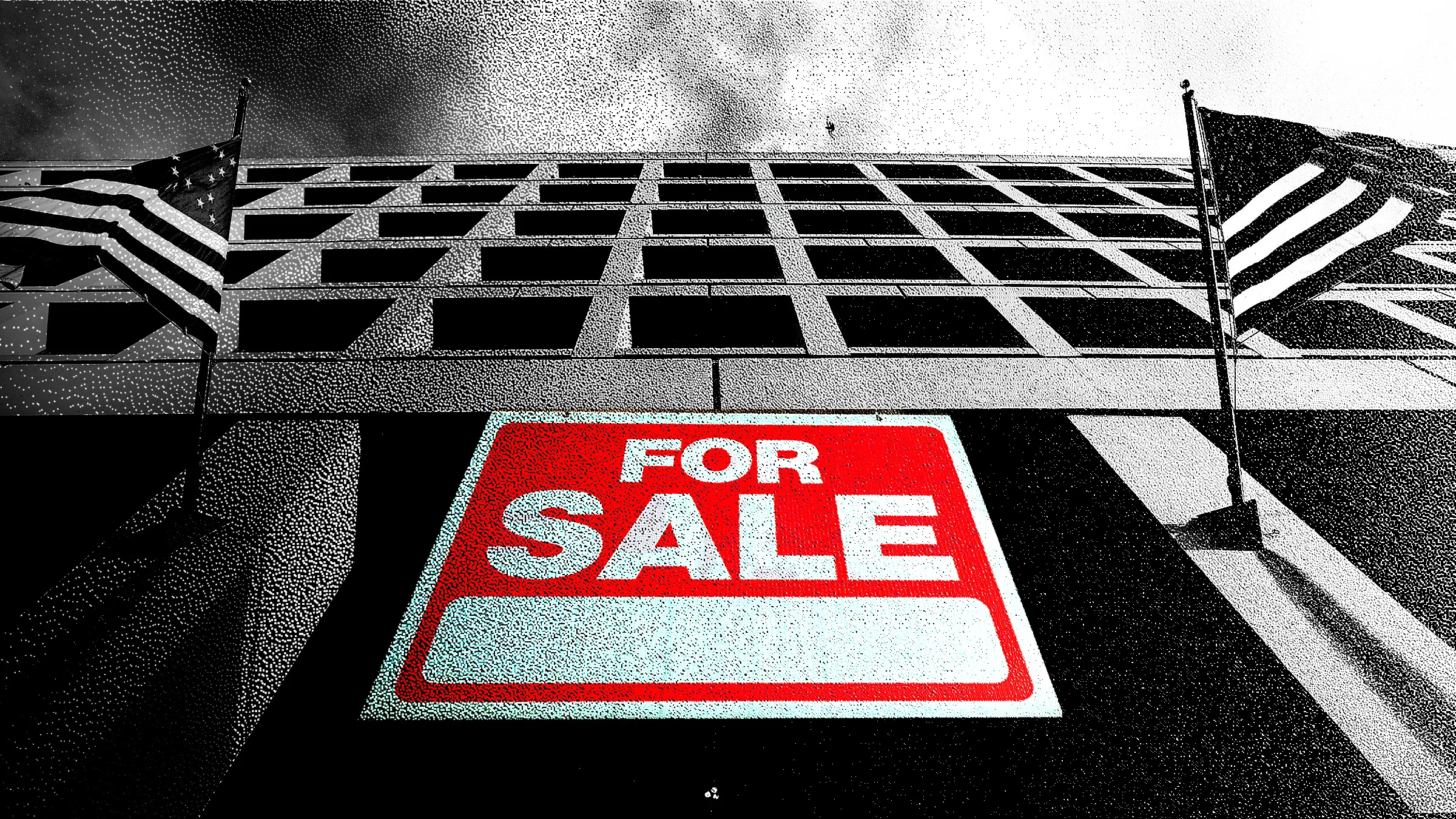Kenya Real Estate Asset Finance Defaults
The phrase “Kenya real estate asset finance defaults open now” may suggest a new government or banking initiative to address mortgage delinquencies—but as of 2025, there is no official program by that name. However, real estate asset finance defaults are a growing concern in Kenya, as more borrowers struggle to service property loans amid rising interest rates, inflation, and income instability.
Understanding how defaults work—and what happens when you miss payments—is critical for homeowners, investors, and lenders.
What Is a Real Estate Asset Finance Default?
A default occurs when a borrower fails to make mortgage or developer financing payments as agreed. This can include:
- Missed monthly installments
- Late payments (beyond 30–90 days)
- Breach of loan covenants (e.g., failing to insure the property)
Once in default, the lender or developer may begin recovery actions, including repossession or auction.
How Common Are Real Estate Defaults in Kenya?
While Kenya’s mortgage market is still small (less than 5% of adults have home loans), default rates are rising:
- Commercial Banks: 12–18% of real estate loans are classified as non-performing (CBK 2024 Report)
- Saccos: Lower default rates (5–8%) due to tighter member oversight
- Developer Financing: Higher risk—some off-plan projects see 20%+ default rates due to income loss or project delays
What Happens When You Default?
1. Notice of Default
The lender sends a formal notice after 30–60 days of non-payment.
2. Restructuring or Negotiation
Some banks offer:
- Loan rescheduling
- Temporary payment holidays
- Partial debt write-off (rare)
3. Repossession (Foreclosure)
If unresolved, the lender can:
- Take possession of the property
- Sell it via public auction or private sale
- Use proceeds to recover the loan balance
4. Credit Damage
Default is reported to Metropol and TransUnion, damaging your credit score for 5+ years.
5. Legal Action
The lender may sue for the balance if the sale doesn’t cover the debt.

Can You Buy Defaulted Properties in Kenya?
Yes. Repossessed or distressed properties are often sold at a discount by:
- Banks (e.g., KCB, Co-op Bank, Absa)
- Saccos (e.g., Stima, Mwalimu)
- Developers recovering unpaid units
These are sometimes advertised as:
- “Open for Offers”
- “Distressed Sale”
- “Repossessed Units Available”
👉 This may be what “open now” refers to—availability of defaulted assets for resale.

Where to Find Defaulted Properties
✅ Bank Websites:
- KCB Asset Recovery Unit
- Co-op Bank Foreclosed Properties
- Absa Kenya Repossessed Assets
✅ Auction Houses:
- Public auctions advertised in dailies like The Star or Business Daily
- Online platforms like Auction.co.ke
✅ Developer Announcements:
- Bloom Court, Saphyre Properties, and Papaya Real Estate occasionally repossess and resell units
✅ Real Estate Agents:
- Licensed agents with access to distressed inventory
Risks of Buying Defaulted Properties
⚠️ Title Issues: Ensure the property is free of liens or third-party claims
⚠️ Outstanding Debts: Verify if there are arrears in service charges or land rates
⚠️ Condition of Property: Repossessed homes may be damaged or neglected
⚠️ Legal Process: May require court involvement for transfer
Always:
- Conduct due diligence with a licensed advocate
- Inspect the property in person
- Confirm the sale is authorized by the lender
Government & Industry Response
- Central Bank of Kenya (CBK): Encouraging banks to restructure loans instead of foreclosing
- National Housing Corporation (NHC): Exploring a distressed asset fund to absorb and resell defaulted affordable units
- Law Society of Kenya (LSK): Advocating for Rent Tribunal-style mediation to avoid forced evictions
FAQs
Q: Is there a government program called “Real Estate Asset Finance Defaults Open Now”?
A: No—this is not an official government or CBK program. It may be a misinterpretation of repossessed property listings now available for sale.
Q: Can I buy a defaulted property in Kenya?
A: Yes. Banks, Saccos, and developers sell repossessed homes and plots, often at below-market prices.
Q: What happens if I default on my developer payment plan?
A: The developer can repossess the unit or plot and resell it. You may lose your deposit and paid installments, depending on the agreement.


